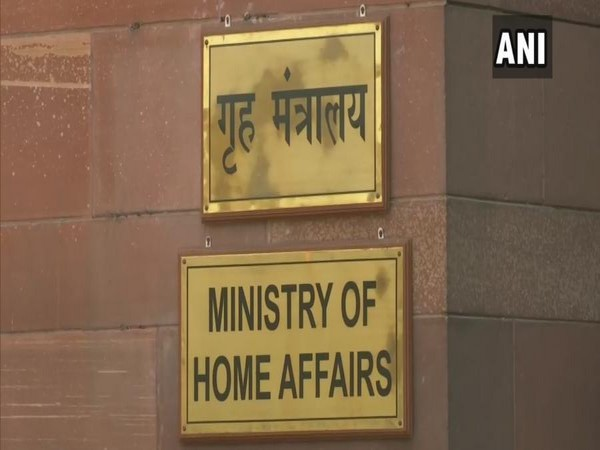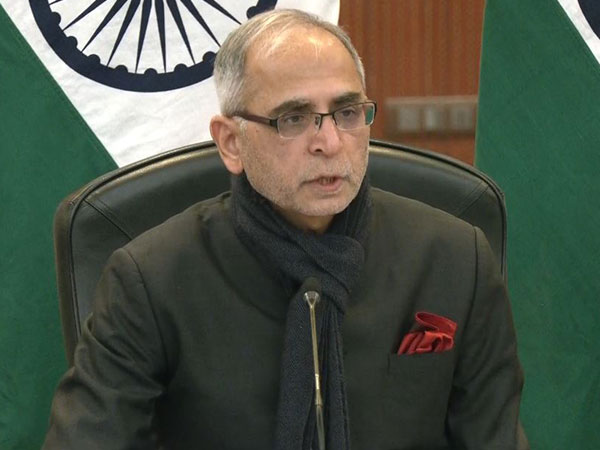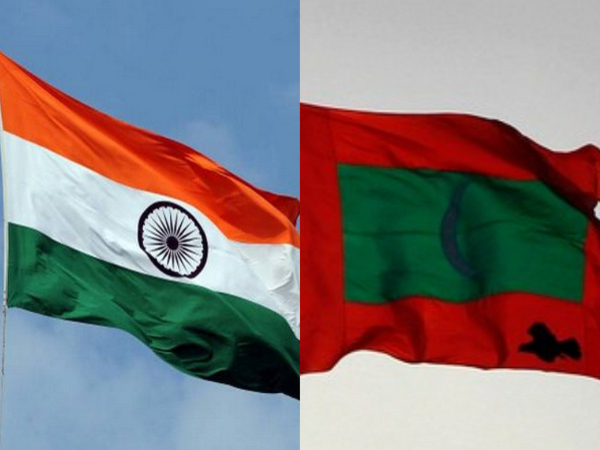The Ministry of Home Affairs (MHA) on Saturday notified the date for the three new criminal laws– Bharatiya Nyaya Sanhita 2023, Nagarik Suraksha Sanhita 2023, and Bharatiya Sakshya Adhiniyam 2023– and announced that these will come into force from July 1 this year.
The MHA made the announcement through three separate notifications declaring July 1 as the date on which the provisions of these acts will come into force.
As per one of the notifications issued by exercising the powers conferred by sub-section (2) of section 1 of the Bharatiya Nyaya Sanhita, 2023 (45 of 2023), the MHA declared it appoints the 1st day of July 2024 as the date on which the provisions of the Sanhita, “except the provision of sub-section (2) of section 106, shall come into force.”
Using similar powers conferred by sub-section (3) of section 1 of the Bharatiya Nagarik Suraksha Sanhita, 2023 (46 of 2023), the MHA appointed “the 1st day of July 2024 as the date on which the provisions of the Sanhita, except the provisions of the entry relating to section 106(2) of the Bharatiya Nyaya Sanhita, 2023, in the First Schedule, shall come into force.”
“In exercise of the powers conferred by sub-section (3) of section 1 of the Bharatiya Sakshya Adhiniyam, 2023 (47 of 2023), the Central Government hereby appoints the 1st day of July 2024 as the date on which the provisions of the said Adhiniyam, shall come into force,” reads another notification.
The move comes after President Droupadi Murmu gave her assent to these laws on December 25, days after the Parliament passed the three criminal bills — the Bharatiya Nyaya (Second) Sanhita Bill, the Bharatiya Nagarik Suraksha (Second) Sanhita Bill and the Bharatiya Sakshya (Second) Bill.
Giving prominence to crimes against women and children, murder and crimes against the nation; these three Bills were passed by the Lok Sabha and the Rajya Sabha in the recently concluded Winter Session of Parliament.
The Indian Penal Code (IPC) has been replaced with the Bharatiya Nyaya Sanhita, the CrPC with Nagarik Suraksha Sanhita and the Indian Evidence Act has been replaced with the Bharatiya Sakshya Adhiniyam.
Bharatiya Nyaya Sanhita has 358 sections (instead of 511 sections of IPC). A total of 20 new crimes have been added to the Sanhita, and the imprisonment sentence has been increased for 33 crimes. The amount of fine has been increased in 83 crimes and mandatory minimum punishment has been introduced in 23 crimes. The penalty of community service has been introduced in six crimes and 19 sections have been repealed or removed in the Act.
Bharatiya Nagrik Suraksha Sanhita has 531 sections (in place of 484 sections of CrPC). A total of 177 provisions have been changed in the Sanhita and nine new sections as well as 39 new sub-sections have been added to it. The act has added 44 new provisions and clarifications. Timelines have been added to 35 sections and audio-video provision has been added at 35 places. A total of 14 sections have been repealed and removed in the Sanhita.
Bharatiya Sakshya Adhiniyam will have 170 provisions (instead of the original 167 provisions, and a total of 24 provisions have been changed. Two new provisions and six sub- provisions have been added and six provisions have been repealed or deleted in the Adhiniyam.
The complete implementation of new criminal laws will ensure an end to ‘tareekh pe tareekh’ era and justice will be given in three years as earlier informed in the Parliament by Union Home Minister Amit Shah.
Bharatiya Nyaya Sanhita has introduced a new chapter titled ‘Crimes against Women and Children’ to deal with sexual crimes, and the Sanhita is proposing changes in the provisions related to the rape of women below 18 years of age.
Provision related to the gang rape of a minor woman to become consistent with the Protection of Children from Sexual Offences Act (POCSO), and a provision has been made for life imprisonment or death penalty in the case of girls below 18 years of age.
There is the provision of 20 years imprisonment or life imprisonment in all cases of gang rape and the new crime category of gang rape of a woman under 18 years of age in the Sanhita. The Sanhita provides targeted penalties for persons fraudulently engaging in sexual intercourse or promising to marry without true intention to marry.
Terrorism has been defined for the first time in the Bharatiya Nyaya Sanhita, and it has been made a punishable offence.
In Bharatiya Nyaya Sanhita Section 113. (1), it is clearly mentioned that “whoever, with intent to endanger or is likely to endanger the unity, integrity, sovereignty, security or economic security or sovereignty of India or to cause or spread terror among the public or any section of the public in India or in any foreign country, commits any act using bombs, dynamite, explosive substances, poisonous gases, nuclear with intent to cause death to any person or persons, damage to property, or manufacture or smuggling of currency or so, he commits terrorist acts”.
In the Sanhita, terrorist acts are punishable with death penalty or life imprisonment without parole. A range of terrorist offences have also been introduced in the Sanhita and it is pointed that destroying public facilities or private property is a crime. Acts that cause ‘widespread loss by reason of damage or destruction of critical infrastructure’ are also covered under this section.
A new criminal section related to organized crime has been added to the Sanhita, and organized crime has been defined for the first time in Bharatiya Nyaya Sanhita 111. (1). Illegal activity done by syndicate has been made punishable.
The new provisions include armed rebellion, subversive activities, separatist activities or any act threatening the sovereignty or unity and integrity of India. Small organized crimes have also been criminalized, punishable with imprisonment of up to seven years.
In organized crime, if a person is killed, the Act says, the accused can be sentenced to death or life imprisonment. A fine will also be imposed, which will not be less than Rs 10 lakh. Provision for punishment has also been made for those who help in organized crime.
On mob lynching, a new provision on crime related to murder committed on the basis of race, caste and community has been included, for which a provision of life imprisonment or death penalty has been made.
A new provision related to snatching also. There will now be more severe penalties for serious injuries that result in near-disability or permanent disability.
The practice of filing zero FIR has been institutionalized. The First Information Report (FIR) can be lodged anywhere, irrespective of the area in which the crime took place.
Victim’s right to information has been ensured in these laws. Victim has the right to get a copy of the FIR free of cost. There is also a provision to inform the victim about the progress of the investigation within 90 days.
The timeline has been added to 35 sections of Bharatiya Nagrik Sukraksha Sanhita, which will make the speedy delivery of justice possible. The Bill prescribes a time limit for initiation of criminal proceedings, arrest, investigation, charge sheet, proceedings before magistrate, cognizance, charges, plea bargaining, appointment of Assistant Public Prosecutor, trial, bail, judgment and punishment, and mercy petition.
This process of reform in the three laws of the criminal justice system was started in 2019 and 3,200 suggestions in this regard were received from various stakeholders. Union Home Minister Amit Shah held more than 150 meetings and these suggestions were thoroughly discussed in the Home Ministry. (ANI)
For more details visit us: https://lokmarg.com/




